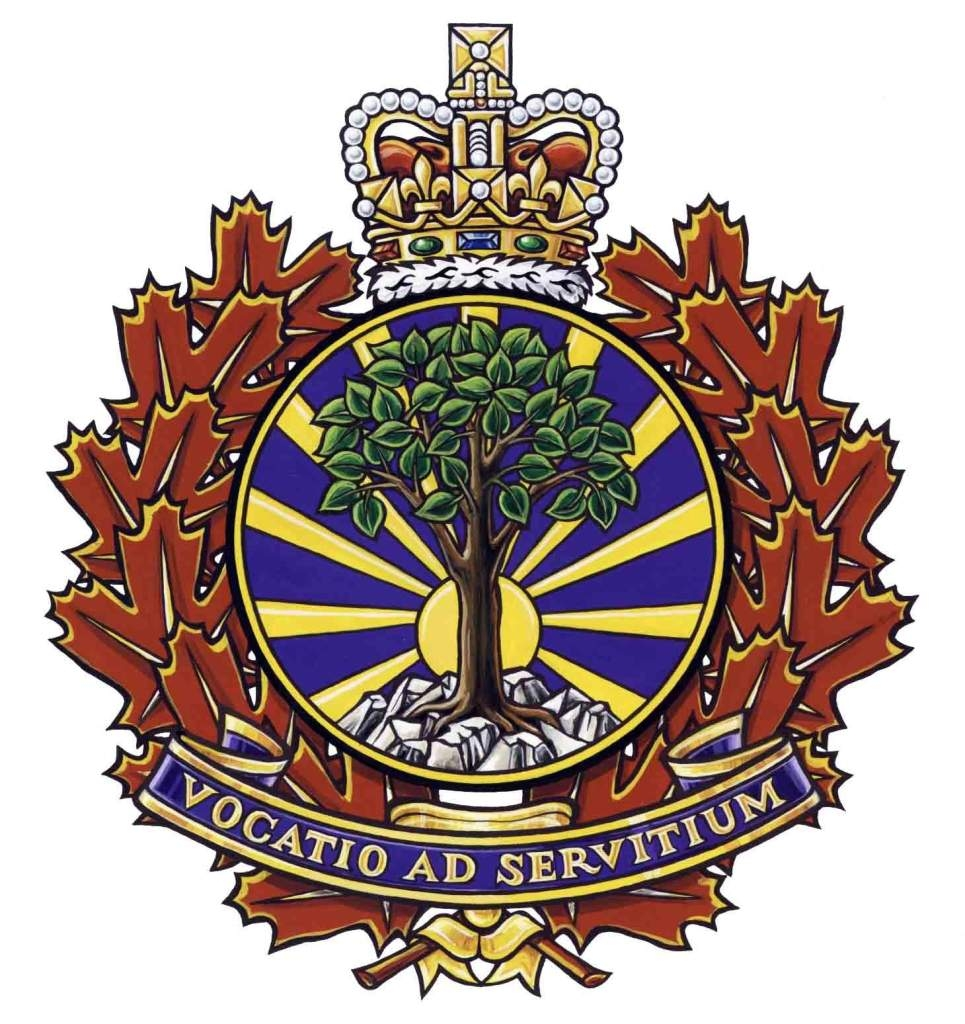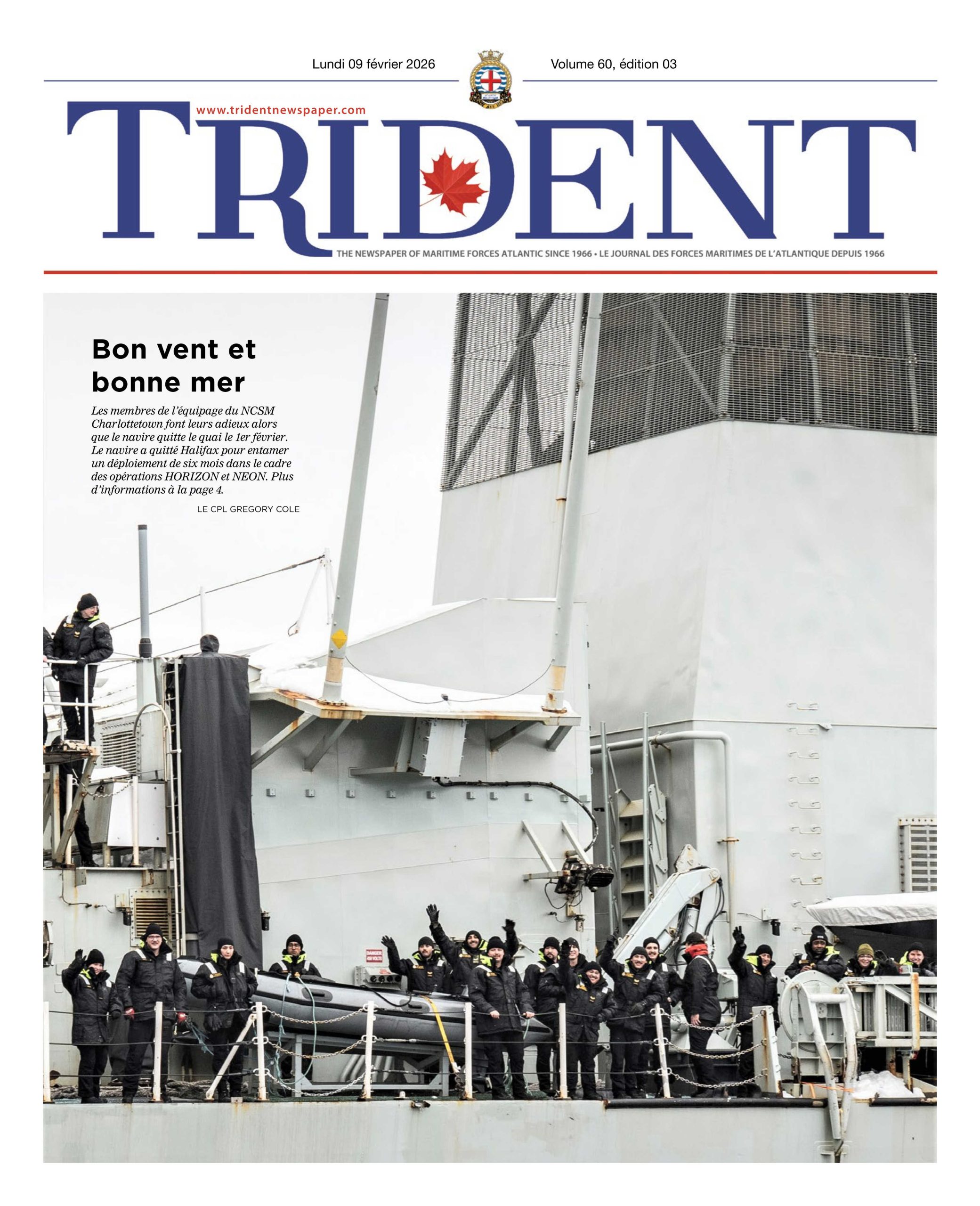Chanukah and the miracle of the oil
By Rabbi Capt Arnold Glogauer,
Aumônier de la flotte
King Solomon, in the Book of Proverbs, teaches us “The soul of man is the candle of God.”

Within each of us is the power to illuminate this world, to transform darkness into light. Just as a candle requires lighting before it can perform its function, so too, our souls must be kindled before they can brighten up our lives. In turn, we are charged with the mission of illuminating the lives of others. We must all become ‘lamplighters’: igniting the sparks that lie dormant in one another’s hearts.
Today’s modern Chanukah Menorah (candelabra) is a symbol of igniting Holy sparks. The Chanukah Menorah beautifully fulfills the function of spreading supernal light. But the question must be asked, “What is Chanukah?” The answer focuses on the miracle of the oil. We kindle a Menorah to commemorate the miracle of this lighted oil.
Chanukah, in its simplest form is a celebration of the miraculous victory of the few over the many, the weak Judean Maccabee army against the mighty Greeks, and the miracle of finding one pure jug of oil. The miracle of the oil seems minor in comparison to those experienced in battle, yet it is the miracle of the oil that we commemorate until this day. Let us look at how the miracle of the oil is the most significant.
The Greek’s style of rule was not to eradicate indigenous culture, but to incorporate it. They were willing to accept the Torah (Holy Bible) as a work of wisdom or philosophy, and the mitzvot (Jewish laws) as cultural. They just took issue with the assertion that Torah is divinely authored, and that the Jewish people follow its laws not because they are logical or ethical, but because God has told them so.
The core element of belief and commitment in Judaism is that God, through the teachings of the Torah, commands the Jewish people. It is not a matter of whether the commandments seem logical, or are beyond reason. The Torah does not change to meet whichever philosophy is ‘au courant’. The Maccabean family knew that it would be precisely the Greek’s removal of the divine element of Judaism which would be fatal to Jewish continuity. With the famous battle cry, “Whoever is for God, with me!” they commenced a rebellion which had little chance of victory. Many miracles later, when the Maccabees regained control of the Holy Temple, they found the Sanctuary invaded and all the oil for the Menorah had been tampered with.
To the Greek way of thinking, why couldn’t the Menorah be lit from oil that had been defiled?
The only difference would have been the seal designating it for use in the Temple. But of course, the Menorah, which shone its spiritual light to everyone wherever they might be, needed to be lit with pure, consecrated oil. This, after all, is what the Maccabees had been fighting for all along!
Miraculously, they found one small jug of oil, with the seal intact. Exactly enough oil for just one day. They rekindled the Menorah, and yet another miracle occurred – the oil lasted for eight whole days.
These are the miracles that we commemorate with Chanukah every year, which means there are messages which are relevant to us today.
Under the assault of environmental influences, any individual may find their inner
“Sanctuary” — one’s attachment to and identification with God, invaded and contaminated by ideas alien to a moral, spiritual way of life. But deep inside each person, there is a “cruse of pure oil”, a tiny part of ourselves that remains pure and holy – a spark of the Divine which is indestructible and beyond defilement.
The Menorah, Hebrew for “lamp”, is one of the oldest and well known symbols of Judaism. For thousands of years, images of Menorahs have been prevalent in Jewish art, architecture, and culture. Over time, the Menorah has become an icon for Jewish culture and faith.
But it was a seven branched Menorah that was lit in Jerusalem’s Holy Temple. A seven branched Menorah that was the Menorah of the original miracle of Chanukah. If the Menorah of the Temple bore only seven branches, why do most popular depictions have eight? The simple answer is that the popular Menorah is not a depiction of the Jewish Temple Menorah, but of the Chanukah Menorah which commemorates the miracle of the Temple’s Menorah burning for eight days. But there is always more to a Jewish story…spiritually, there is an additional reason to celebrate eight lights over seven.
Kabbalah, Jewish mystical wisdom, teaches that the number seven symbolizes the natural order of the universe, as in the seven days of the weekly cycle. Eight, being the next number beyond seven, symbolizes transcending nature and embracing the supernatural and miraculous. Since the miracle of Chanukah occurred in 140 BCE, the Menorah of Chanukah has continued to inspire in every time and place. Amid the horrors of the Holocaust, the gloom of the Soviet gulag, the Chanukah Menorah burned. Even today, when the world stumbles in darkness, the Chanukah Menorah shines bright, its light giving us the strength to persevere. Perhaps the eight-branched Menorah is so popular as a symbol of our eternal optimism that God will make things work out for us, even when it seems unlikely. The Chanukah Menorah proclaims God’s involvement in our lives, past and present.
When we light the Menorah this Chanukah, we can be grateful for the private miracles woven into every part of our natural lives.
The laws and customs observed on Chanukah, especially the lighting of the Menorah, are designed to publicize the fact that the Creator performed miracles then, and continues to perform wonders in our personal lives.
The Menorah lives on as a powerful symbol of transforming darkness into light and peace for the entire world.
As a true expression of unity and fellowship, a Menorah will be lit at Shearwater on Thursday December 10, 2020 at 3:30 p.m. in a ceremony led by 12 Wing Commander Col Hawthorne, Wing Chief Poirier, Cdr Gosse, Rabbi Glogauer and members of the MARLANT Chaplain team.






